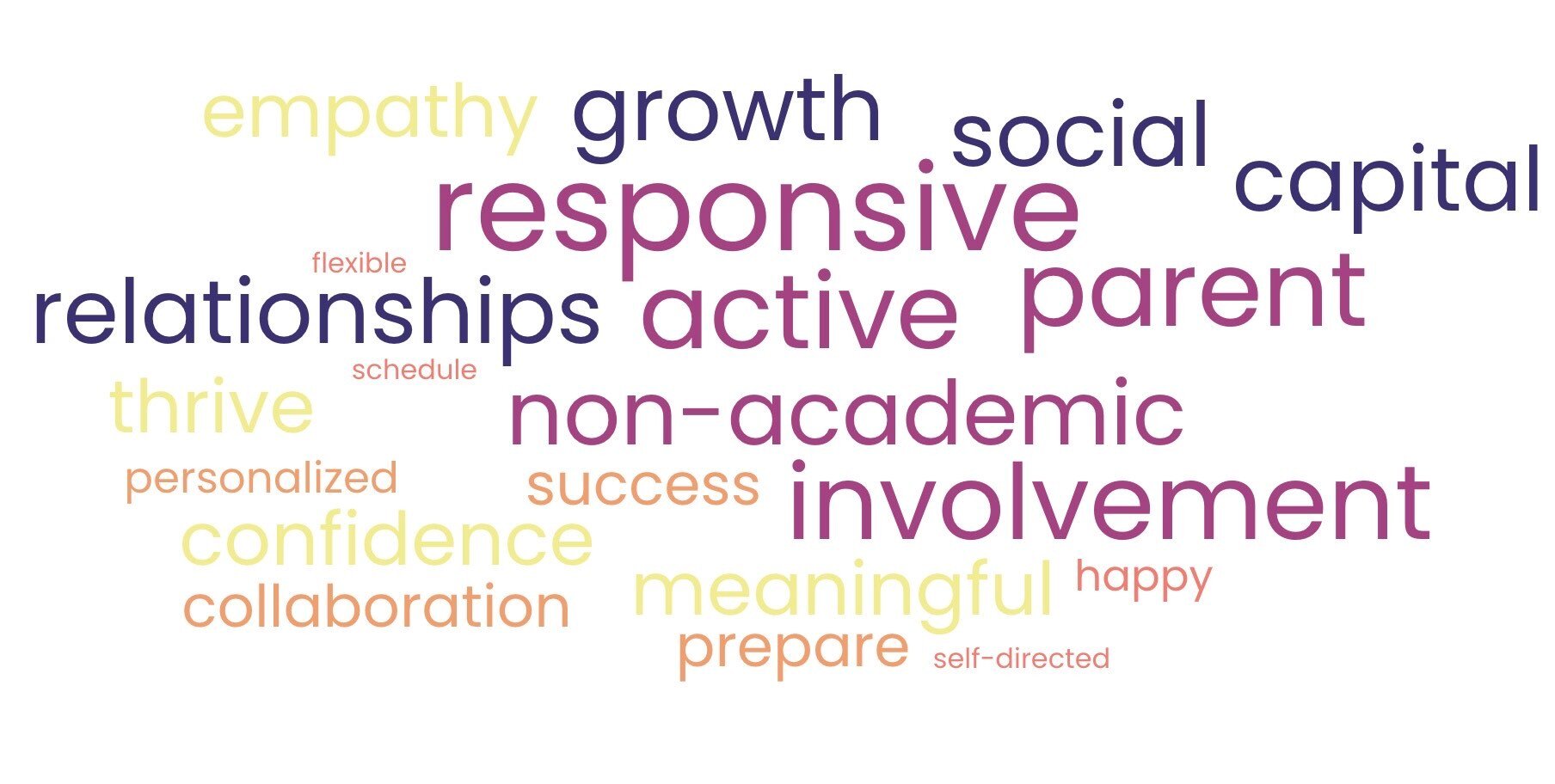Summer '23 Movement-Building Tour
It's June, which means it's time for the National Microschooling Center to hit the road for our summer movement-building road trip. We'll be in 6...
.jpg)
Education Week's Rick Hess profiled the National Microschooling Center with this feature interview of CEO Don Soifer
In The Great School Rethink, I talk a bit about microschooling and have learned that the topic tends to generate puzzled queries along the lines of “microwhat now”? Well, it’s worth learning more. This spring, EdChoice reported that huge numbers of parents express interest in the microschools. Meanwhile, Don Soifer, the head of the National Microschooling Center, estimates that today there are more than 120,000 microschools educating over 1.5 million students. All of this made it seem like a good time to check in with Soifer, who served previously on the District of Columbia charter school board and as a member of the Nevada State Public Charter School Authority. Here’s what he had to say.
Rick Hess: Let’s start with the basics. What is a microschool, anyway?
Don Soifer: Microschools are innovative, small learning environments. They are being created in permissionless ways outside of education systems, and their rate of growth has become a powerful storyline in American education. They convene in commercial or nonprofit space, private homes, places of worship. Microschools can be organized as learning centers supporting home schoolers, private schools—accredited and unaccredited—or other ways. Many people feel microschooling derives its transformative potential from the ability to be created around the needs of the particular learners they serve.
Rick Hess: I suspect many educators may be skeptical about microschooling. What can you say to them that might change their minds?
Don Soifer: We’ve repeatedly heard accomplished educators say that they had gotten tired of having to close their classroom door in order to teach the way they really felt obligated to, and as a result, they left traditional schools to launch their own microschools. So much of microschooling is about learners thriving in ways they never had before in their prior settings. The same is often true for educators.
Rick: What kind of students attend microschools?
Don: Microschooling is an incredibly diversified movement, whose families come from all different backgrounds and are often new to schools of choice. This diversification includes microschools’ missions and visions, as well as hybrid schedules. Microschooling families are working families, many from the more fragile ends of the income spectrum who are especially concerned with how their traditional schools are preparing their learners for their future.
To read the full interview without the paywall, you can find it here on the American Enterprise Institute.
.jpg)
It's June, which means it's time for the National Microschooling Center to hit the road for our summer movement-building road trip. We'll be in 6...

Today’s Microschooling Movement keeps on growing, innovating and expanding.